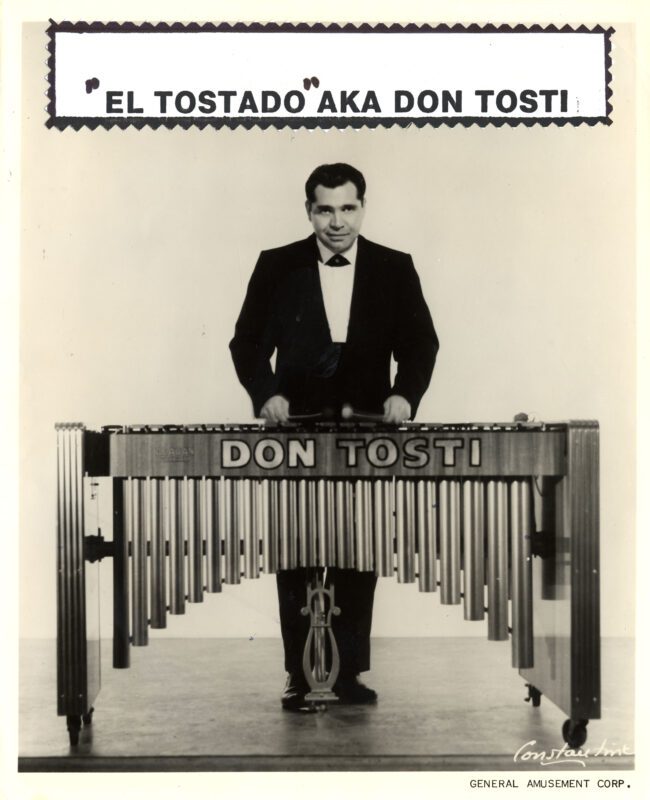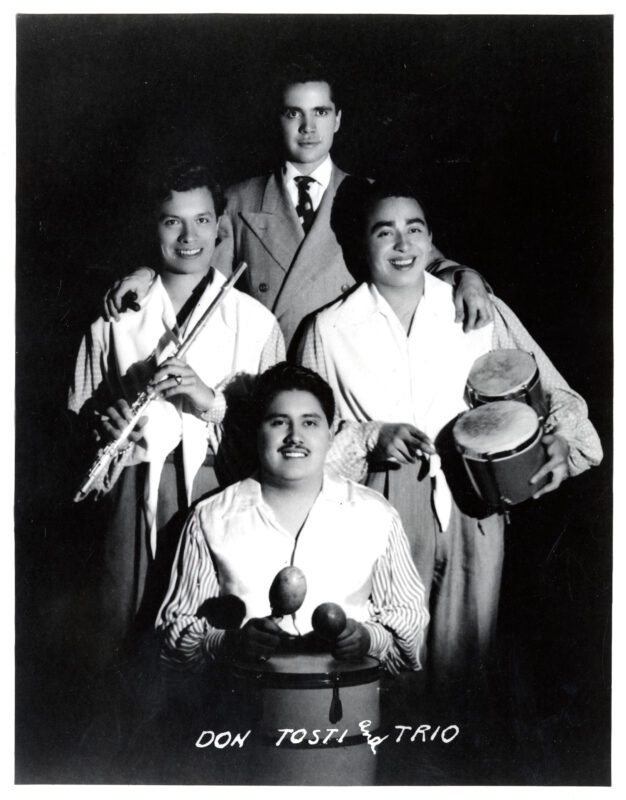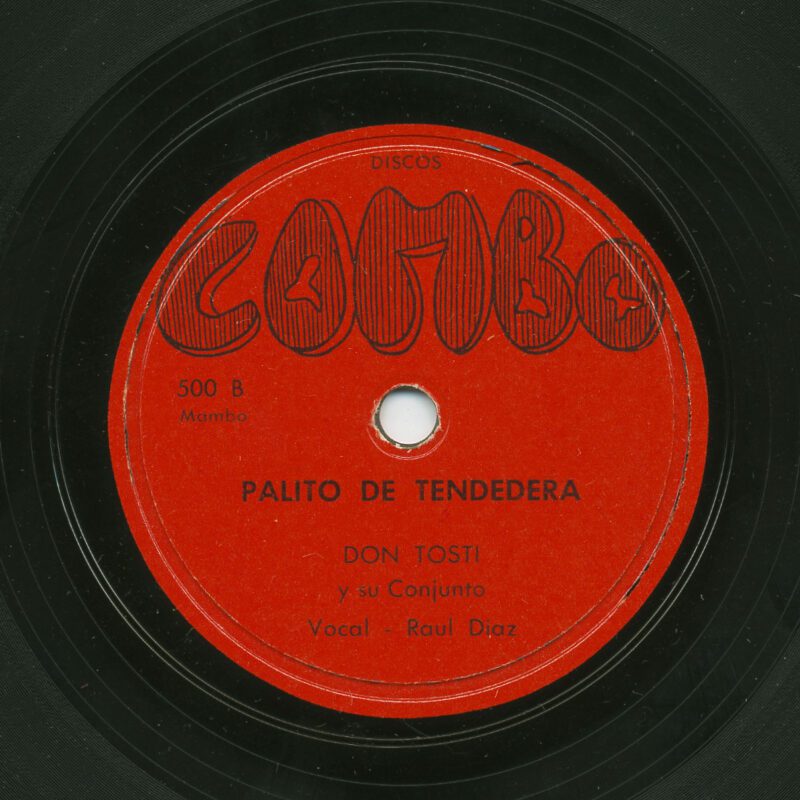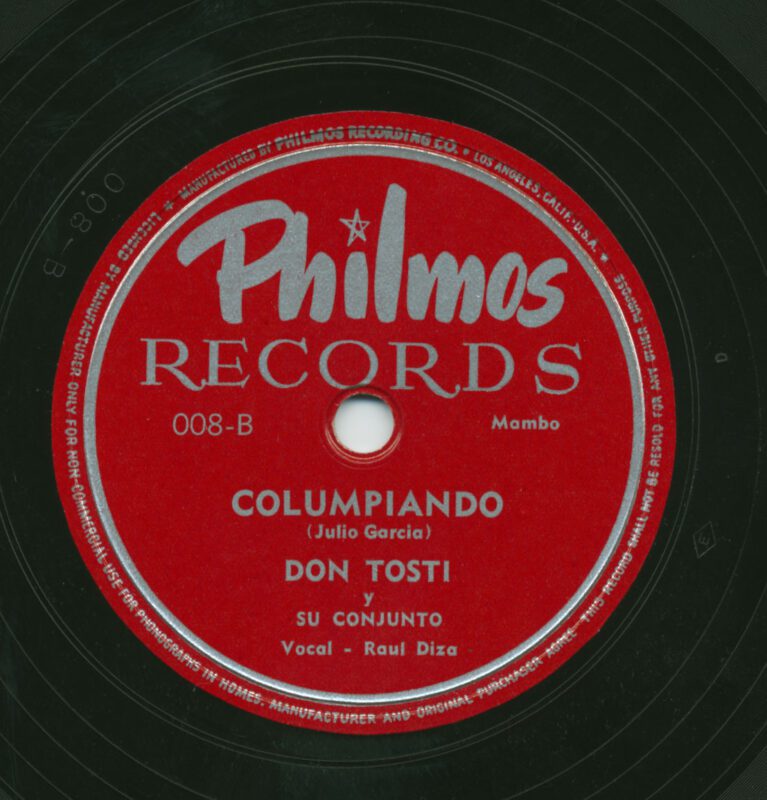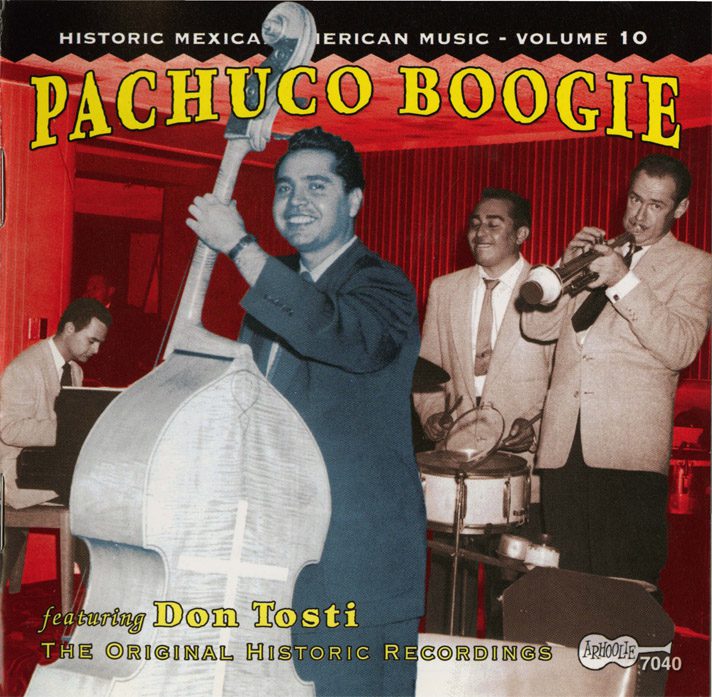Don Tosti
Born Edmundo Martínez Tostado in 1923, Don Tosti grew up in the infamous Segundo Barrio of El Paso. Tosti was raised by his mother and his grandparents, who enrolled him in music studies to divert him from local gangs. However, Tosti was drawn to the caló language of the gangs and learned how to speak “pachuco” as a young boy. After moving to Los Angeles, his singing career quickly took off as he recorded for various labels, including Combo, Taxco, and Discos Mexico, before eventually getting picked up by the powerhouse RCA Victor.
A type of Mexican-Spanish slang originating in the Southwest, caló was popularized as part of the zoot-suit culture of Los Angeles and the border region in the 1930s-40s. Caló featured heavily in songs recorded in LA in this period, making it an integral part of the soundtrack of Pachuco culture. Caló experienced a revival with the growth of the Chicano movement in the 1960s and 70s and was embraced by poets as an enduring symbol of Chicano inventiveness.
Pachucos developed California’s first recognizable Mexican American subculture. Embracing African American jump blues and tropical rhythms from Cuba, Pachucos helped popularize Latin-inflected swing while also developing their own unique language and clothing style. The term originated in the infamous barrio El Segundo in El Paso and then quickly spread to LA.
